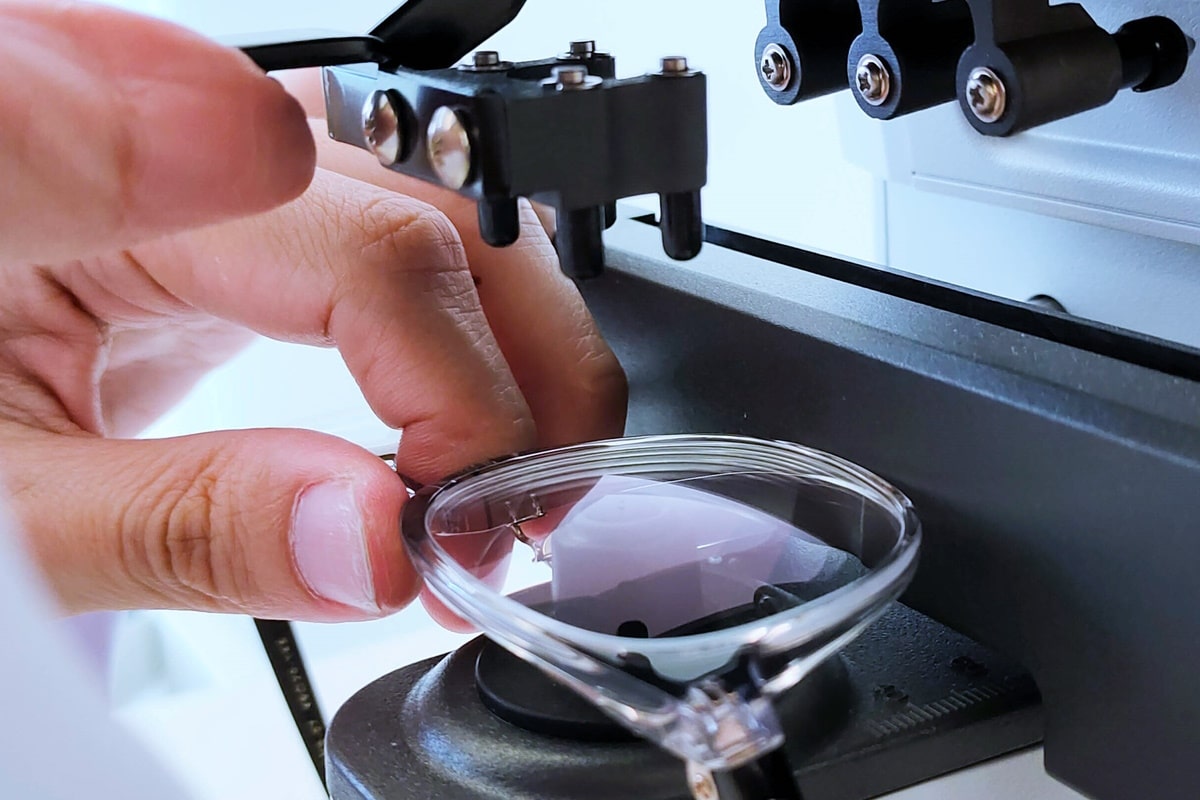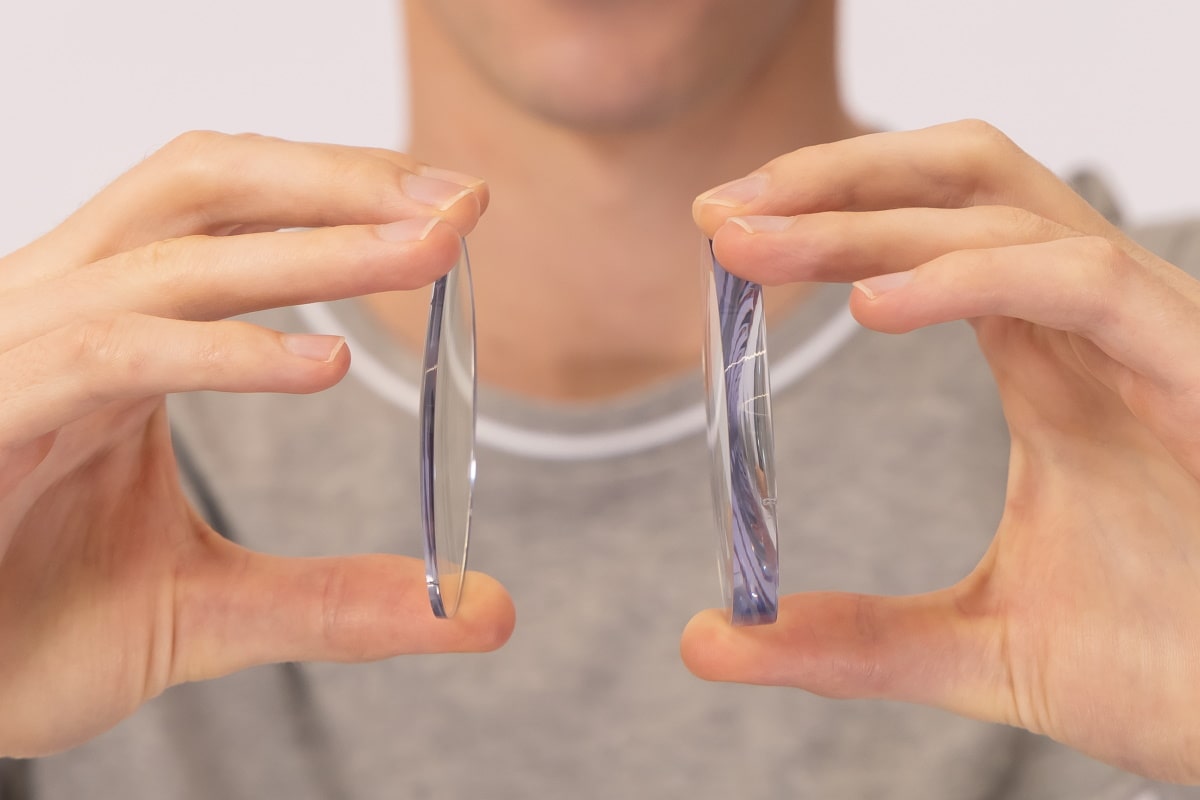Eye Twitching: What Does It Mean?
What’s behind an eye twitch? After all – most of us have experienced it at some point.
Interestingly, many cultures explain eye twitching with superstitions. They’re often associated with either good luck or misfortune – depending on the eye affected or the time of day. Some even believe that eye twitching is the mind trying to rid itself of thoughts!
Some superstitions include:
- Indian cultureLeft eye twitching is a sign of bad luck for women, and good luck for men.
- African cultureThe upper left eyelid twitching predicts an unexpected visitor. The lower left eyelid means tears will come.
- Egyptian cultureTwitching of the left eye is associated with evil, while the right eye is a sign of good luck.
- Hawaiian culture Twitching of the left eye indicates an unexpected visitor or a death in the family. The right eye twitching is an indicator of childbirth.
But while many superstitions exist, there are some very real reasons for your eye twitches.
What is Eye Twitching?
Eye twitching is when the eyelid muscles involuntarily spasm. Usually, this occurs in the upper eyelid muscles, however, the lower eyelid muscles can also be affected.
The severity of eyelid myokymia (the scientific name for eye twitches) can range from a gentle tugging feeling to complete closure of the eyelids. The duration and frequency of these spasms can also vary.
While eye twitching is usually painless and nothing to worry about, they may be uncomfortable and annoying.
There are three main types of eye twitching:
- General eyelid spasm (eyelid myokymia)This type of eye twitch is common and can be caused by environmental factors. Typically, general eyelid spasms resolve with rest.
- Benign essential blepharospasmThese spasms are chronic (long-term) uncontrollable winking or blinking. This usually affects both eyes and can worsen over time, causing blurry vision, photophobia (light sensitivity), and facial spasms.
- Hemifacial spasmThis is an eye twitch affecting just one eye and is usually caused by a blood vessel putting pressure on a facial nerve. Untreated hemifacial spasms may lead to twitching of all muscles on one side of your face or difficulty opening your eye.
Who is Most Likely to Develop Eye Twitching?
Anyone can develop temporary eye twitching; however, some people are more at risk of chronic eye twitching.
Benign essential blepharospasm is more common in women. Some studies have also indicated that this type of eye twitching may have some genetic influences.
Eye twitching is also more likely to develop in people who are exposed to various triggers such as fatigue, stress, or high caffeine intake.
What Causes Eye Twitching?
While its exact cause is unknown, eye twitching appears to be worsened or triggered by a variety of factors. Some common causes and triggers include:
- Fatigue or stress
- Irritated eyes
- Caffeine, alcohol, or tobacco
- Dry eyes
- Certain medications
- Eye conditions
- Migraines
While eye twitching is usually nothing to worry about, in rare cases brain or nerve disorders may be involved. Some more serious conditions that may cause eyelid twitches include:
- Bell’s PalsyThis is a condition caused by damage to the facial nerve, which causes facial muscle weakness or paralysis occurring on one side of the face.
- Tourette Syndrome (TS)TA condition affecting the nervous system. This condition causes sudden, involuntary twitches or sounds (known as “tics”).
- Parkinson’s DiseaseThis is an eye twitch affecting just one eye and is usually caused by a blood vessel putting pressure on a facial nerve. Untreated hemifacial spasms may lead to twitching of all muscles on one side of your face or difficulty opening your eye.
- Multiple Sclerosis (MS)A chronic, progressive condition affecting the central nervous system (CNS). This condition causes inflammation and lesions that make it more difficult for your brain to send signals around the body.
- DystoniaA neurological movement disorder that causes involuntary muscle contraction.
How is Eye Twitching Diagnosed?
If your eye twitching is persistent or severe, a doctor may run tests to determine its cause. While many cases have no exact cause or are simply due to triggers mentioned above (i.e. stress), a doctor will be able to find out if you have a more serious condition.
How is Eye Twitching Usually Treated?
Usually, eye twitching goes away on its own over the course of days or weeks. You can prevent eye twitching by avoiding triggers. This may mean getting more sleep, or cutting down on caffeine, alcohol, or tobacco intake.
You can alleviate eye twitching by using warm compresses when spasms begin, or by using lubricating eye drops or artificial tears. Warm compresses will relax the muscles in your eye to reduce spasms. Lubricating eye drops and artificial tears will keep your ocular surface hydrated and will reduce the irritation that may be causing your eye twitching.
Some studies have also suggested that rose tinted glasses may help with benign essential blepharospasm. This is because the rose-colored tint reduces light sensitivity.
For severe or chronic eye twitching, your doctor may recommend botulinum toxin (Botox) injections. This weakens the muscles causing your eye twitching and prevents spasms. If Botox is unsuccessful, surgery may be recommended (however, this is rare).
Should You Be Worried About Your Eye Twitching?
For the most part, eye twitching is nothing to worry about. This is particularly the case if the twitching is mild and temporary.
While most cases of eye twitching are nothing to worry about, it’s important to recognise the signs of something more severe. You may want to seek medical advice if you experience any of the following:
- Chronic (long-term) eye twitching
- A red, swollen eye
- A droopy upper eyelid
- Discharge coming from your eye
- Twitching affects other parts of your face
- Your eyelid closes fully during twitches
- If you think you have injured or scratched your eye
References
- “All You Need to Know About Eye Twitching Superstition”, Healthwire
- “What Is and Eyelid Spasm or Twitching Eyelid?”, American Academy of Ophthalmology
- “Eye Twitching”, Cleveland Clinic
- “Eye Twitching: Causes, Treatments, and Prevention”, Healthline
- “Bell’s Palsy”, Johns Hopkins Medicine
- “Tourette Syndrome”, Centers for Disease Control
- “Parkinson’s Disease: Causes, Symptoms, and Treatments”, National Institute on Aging
- “Understanding Multiple Sclerosis (MS)”, Healthline
- “Dystonia”, AANS
- “Eye Twitching”, Johns Hopkins Medicine

Written by:
Dr. Jordan Marr











